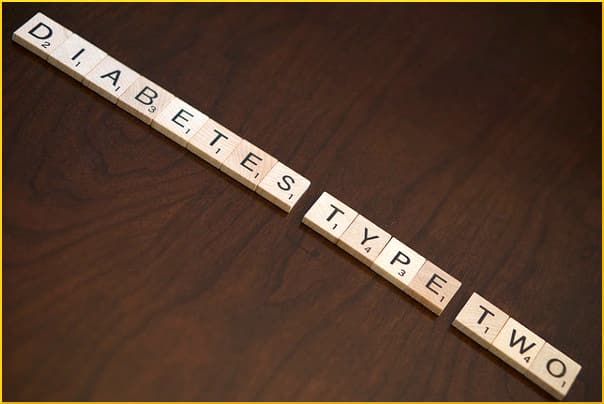
“GLP-1s” is short for “glucagon-like peptide-1 receptor agonists,” and these hormones come in several varieties. When we eat sugar and carbs, our intestines make GLP-1s to stimulate the pancreas to produce more insulin and less glucagon. The interesting, obesity-related part is that they keep the stomach from emptying too fast, which enhances the feeling of satiety.
This action is imitated by (generic name) liraglutide, branded as Victoza, Saxenda, and Byetta. A recent Childhood Obesity News post described a very expensive document titled “Anti-Obesity Drugs: Global Market Analysis, Trends, and Forecasts,” which includes six sections about liraglutide and its manufacturer.
Novo Nordisk is named as the leading player in the market. Many front-line medical personnel are not comfortable putting the fate of traumatized, struggling, morbidly obese children into the hands of “players,” but that appears to be where we are.
The various section heads also note that the company introduced its anti-obesity drug in India, is developing novel therapeutics, has anti-obesity drugs in the pipeline, and seeks approval for Saxenda as weight-loss medicine in Canada. The document mentions that other diabetes drug manufacturers are trying to “foray into the anti-obesity drugs space.”
The GLP-1s buzz
Victoza started out as a treatment specifically for diabetes patients, and was accepted first in Europe. It seemed to facilitate some otherwise-inexplicable slimming, so it was tested on non-diabetic patients. Salynn Boyles wrote,
The 20-week weight loss study included 564 obese people with body mass indexes (BMI) of between 30 and 40, treated at 19 sites throughout Europe… By the end of the study, the liraglutide-treated patients had lost significantly more weight than either the placebo-treated patients or those who took the oral weight loss drug.
In Europe and India, Victoza was used off-label, meaning for a purpose (weight loss) other than its stated mission (blood sugar regulation). The industry frowns on that, and so does the government, which may be why Saxenda was developed as a separate entity.
Saxenda is indicated for weight management in adults who have type 2 diabetes, but is not a treatment for that condition, nor should it be used by patients who are on insulin. It is definitely meant to be used in conjunction with diet and exercise.
In the U.S., liraglutide was FDA-approved for type 2 diabetes (or T2D) in 2010. There was some talk of another potential off-label use, about which, at that time, Dr. Scott Mendelson wrote:
Having Diabetes Type II has been known to at least double the risk of developing Alzheimer’s Disease… [T]his new type of medication may also help reduce the risk of Alzheimer’s Disease in sufferers of Diabetes Type II, and perhaps even those without diabetes.
(To be continued…)
Your responses and feedback are welcome!
Source: “2019 Anti-Obesity Drugs Report: Global Market Analysis, Trends and Forecasts Through 2015-2024 – ResearchAndMarkets.com,” Yahoo.com, 06/12/19
Source: “Diabetes Drug Promotes Weight Loss,” WebMD.com, 10/11/09
Source: “Selected Important Safety Information,” SaxendaPro.com, undated
Source: “New Diabetes Drug May Help Prevent Alzheimer’s Disease,” HuffingtonPost.com, 04/07/10
Photo credit: davis.steve32 on Visualhunt/CC BY

 FAQs and Media Requests:
FAQs and Media Requests: 











